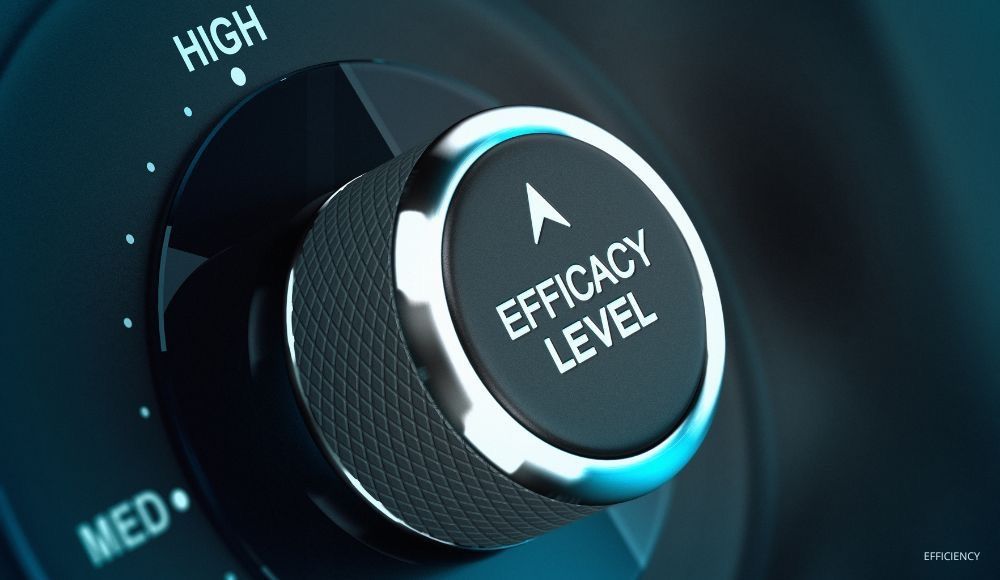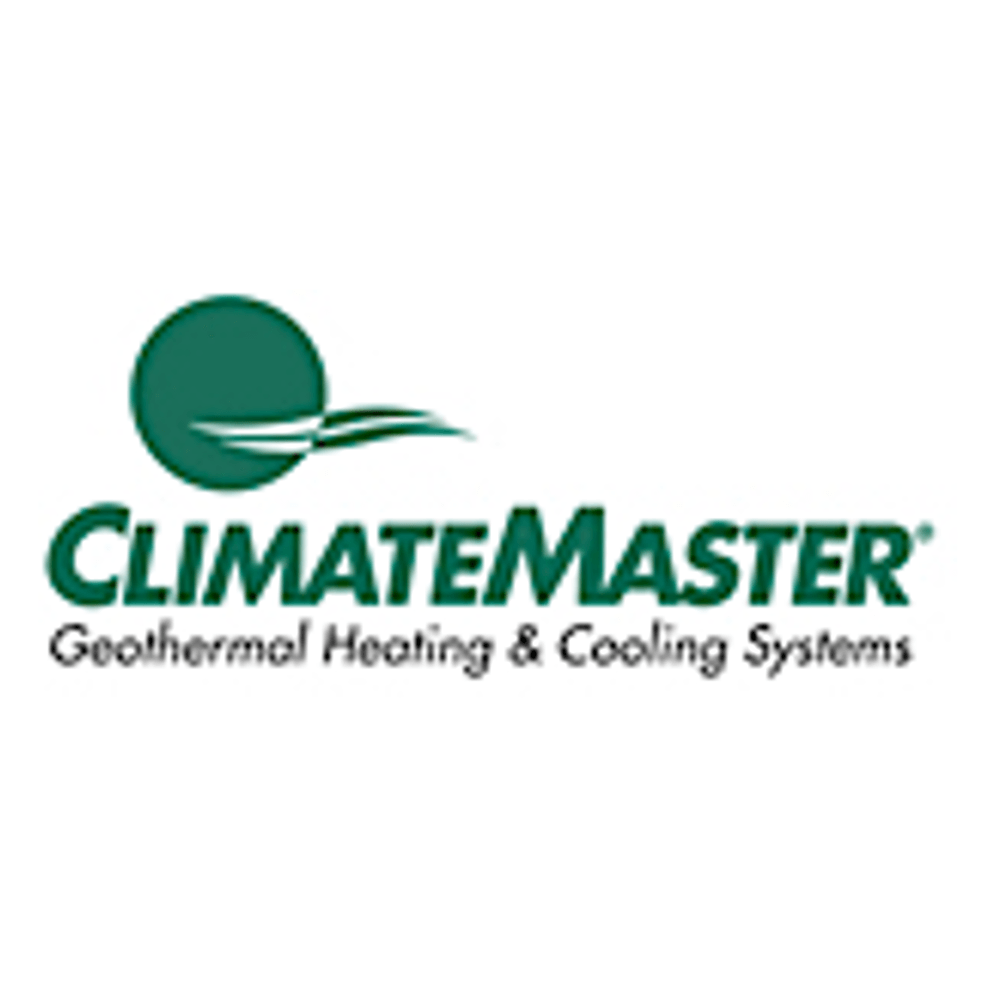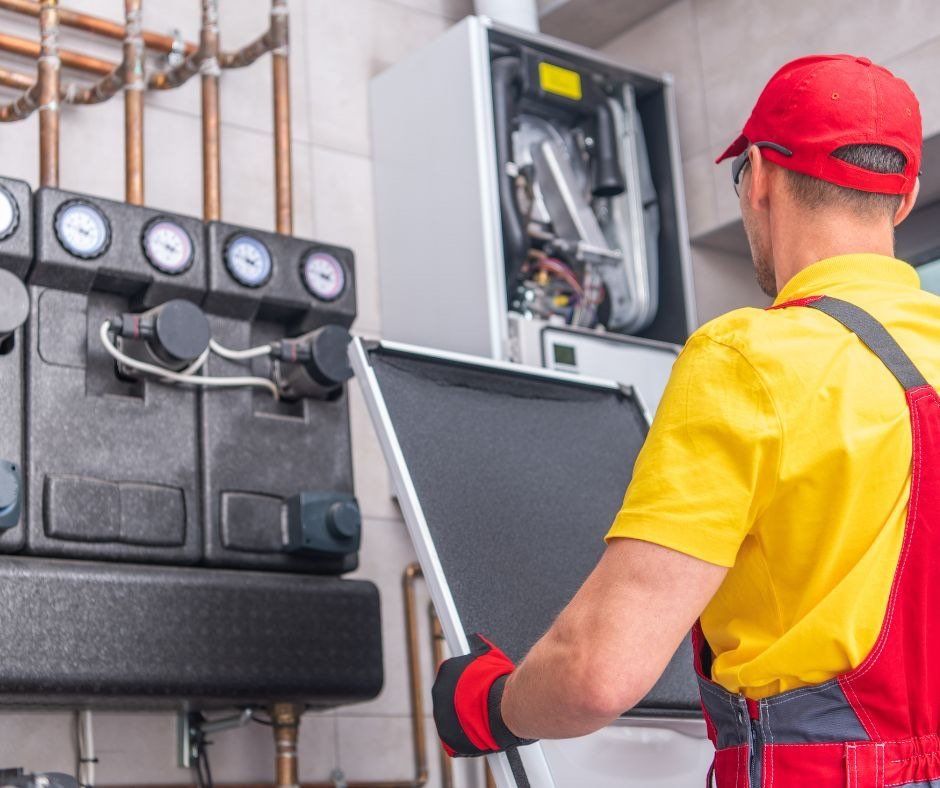5 Tips to Improve Indoor Air Quality
Earlier this month, the Code Red air quality alert, issued by the PA Department of Environmental Protection had many people focused on air quality. As air quality conditions ranged from unhealthy to hazardous, experts suggested, “to stay safe and healthy, stay indoors while the smoky conditions exist and use either AC or a fan to circulate air.”
Air Pollutants in Your Home
According to the U.S. Environmental Protection Agency (EPA), there are many sources of indoor air pollution:
- Fuel-burning combustion appliances
- Tobacco products
- Building materials and furnishings as diverse as:
- Deteriorated asbestos-containing insulation
- Newly installed flooring, upholstery, or carpet
- Cabinetry or furniture made of certain pressed wood products
- Products for household cleaning and maintenance, personal care, or hobbies
- Central heating and cooling systems and humidification devices
- Excess moisture
- Outdoor sources such as:
- Radon
- Pesticides
- Outdoor air pollution.
The National Institute of Environmental Health Sciences reports, “Studies suggest that indoor concentrations of air pollutants are increasing, driven by factors such as the types of chemicals in home products, inadequate ventilation, hotter temperatures, and higher humidity.” Children, older adults, and individuals with preexisting conditions may be more affected by poor indoor air quality than others, and the health effects of these pollutants may be experienced right away or even years later.
Some potential effects of poor indoor air quality include the following:
- Stuffy nose
- Sore Throat
- Coughing or Wheezing
- Burning Eyes
- Skin Rash
- Headaches
- Dizziness
- Fatigue
- Respiratory Diseases
- Heart Disease
- Cognitive Deficits
- Cancer
Thankfully, there are many steps you can take to improve the quality of the air inside your home.
5 Tips to Improve Indoor Air Quality
1. Change Your AC Filter
f you have a forced-air heating system, use high-efficiency air filters, which trap dust and other airborne contaminants, and replace them regularly. How frequently you should replace air filters varies depending on the type of HVAC system you have, if you have pets, etc. We recommend checking your air filter monthly and cleaning or replacing it when it is dirty.
2. Keep Your Home Clean
Regular cleaning helps reduce dust, animal dander, mold, etc. Vacuum carpets and area rugs once or twice a week with a vacuum that has a HEPA filter. Dust using a microfiber or damp cloth. Regularly clean bedding, drapes, and other items that attract allergens. Even decluttering can help improve air quality by eliminating dust magnets.
3. Use Cooking Vents
Many indoor air pollutants come from gas stoves (carbon monoxide and nitrogen dioxide) and electric burners to a lesser extent, so whenever you’re cooking, turn on your kitchen vent or open a window.
4. Control Humidity
Humidity can cause mold to grow. “Indoor relative humidity (RH) should be kept below 60 percent -- ideally between 30 percent and 50 percent, if possible,” according to the
EPA. “Low humidity may also discourage pests (such as cockroaches) and dust mites.” You can lower humidity by allowing your AC system to maintain a consistent temperature and thereby lowering the humidity as much as possible.
5. Install an Air Purifier
“Air purifiers can filter out a range of particles from your air, from visible impurities like pet hair to microscopic pollutants such as viruses and mold spores,” according to
U.S. News & World Report. Ultimate Comfort Heating and Cooling Services can install a whole-home air purification system to help improve the air quality in your home.
Get the Ultimate in Home Comfort
The air quality and temperature provided by your heating and cooling equipment should create a healthy and comfortable home environment. Ultimate Comfort Heating and Cooling Services provides high-quality home heating and cooling services such as air conditioning and heating installation and repair, eco-friendly geothermal options, whole home air purification systems, and various service plans to fit your needs and budget.
Contact us at 610-750-8314 or connect with us online for a FREE Comfort Analysis. Estimates and consultations for new systems are provided FREE of charge.













